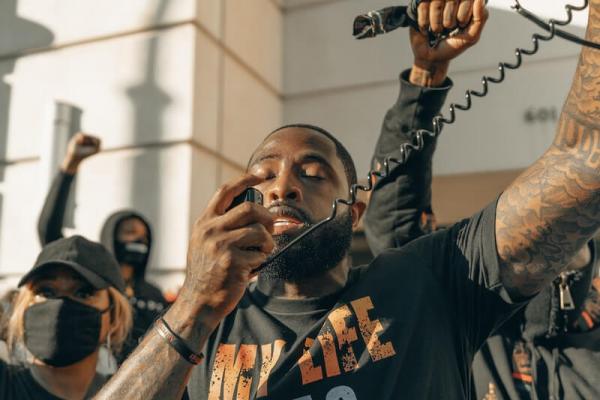Black Dignity is a must-read for anyone struggling against domination in a world constituted by anti-Blackness. For Lloyd, domination is the arbitrary exertion of one’s will over another, and its “primal scene” is the master/slave relation. For Lloyd, his use of the language of “domination” points toward a specific kind of relation that permeates the world: anti-Black violence. Lloyd specifically says the purpose of the book is “to get a sense of this new language of Black dignity, to explore how the hashtags could be filled out, linked together, and oriented toward the struggle against domination in general and anti-Blackness in particular.” Morally stimulating, energizing, probing, and clear, Black Dignity demonstrates Lloyd’s ability to weave together and synthesize Black political and religious thought.
Read the Full Article

